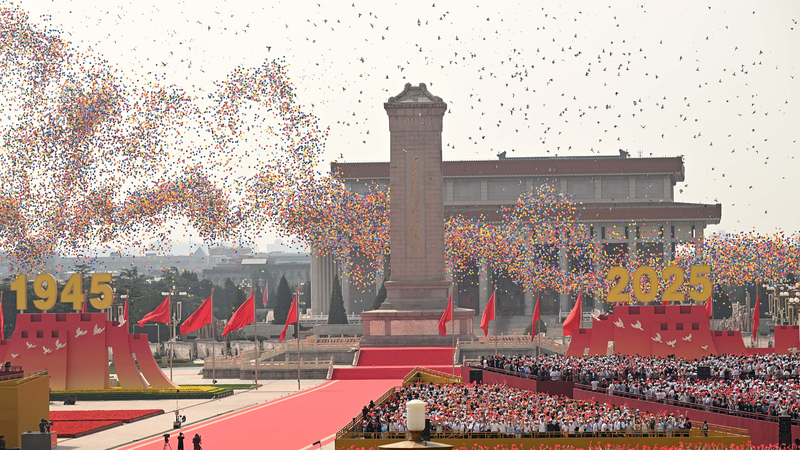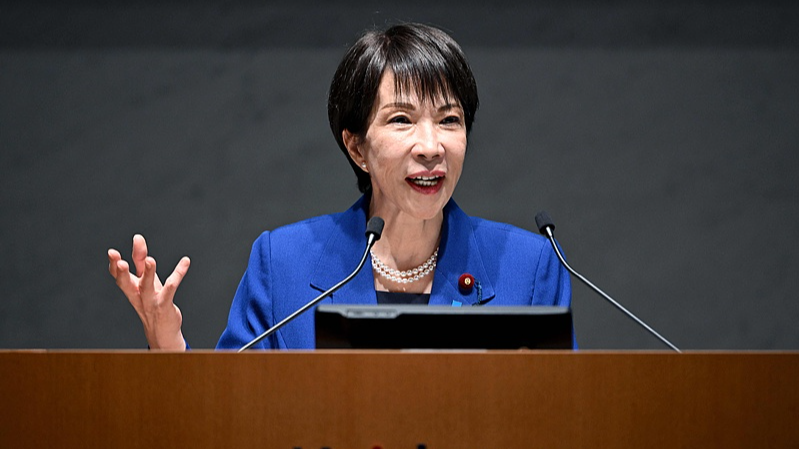On September 3, global eyes turned to China as it hosted an 80th anniversary military parade marking the end of its long struggle against Japanese aggression during World War II. Yet many of the stories from this conflict remain missing from mainstream histories.
China’s Longest Front
Professor Liu Baocheng highlights that China was the first nation to face Axis aggression, with fighting beginning in 1931. For 14 years, resistance in the main Eastern Theater tied down over 1.2 million Japanese troops. “Without China tying down Japanese forces, the Pacific war would have been far more protracted and far more costly in property and in life,” he says. The human toll was staggering: an estimated 35 million Chinese casualties left a legacy of unity and state-building that shaped modern China.
Africa: The War’s Lifeblood
Dr Kenneth Ombongi shines a light on another overlooked story: over a million black African soldiers fought and died in every major theatre of the war, serving in deserts, forests and cities from North Africa to Southeast Asia. “African hands carried rifles, dug trenches, drove supply trucks and maintained lines of communication,” he notes. Though they fought under colonial flags, many returned home inspired by ideas of freedom and self-determination.
Why These Stories Were Forgotten
Both experts point to a Western-centric narrative that has dominated global historiography. Post-war politics and fragmented archives have further limited visibility. As Nigerian author Chinua Achebe warned, “Until the lions have their own historians, the story of the hunt will continue to glorify the hunter.”
A Path to Shared Memory
The panel calls for action: expand joint research, update textbooks and museum exhibits, and produce media that centers China and Africa’s roles in WWII. By weaving these narratives into global memory, we forge a stronger partnership and a more equitable international order. As Dr Ombongi concludes, “Together, Africa and China can articulate a peace that is not merely the absence of war, but the presence of dignity.”
Reference(s):
cgtn.com


